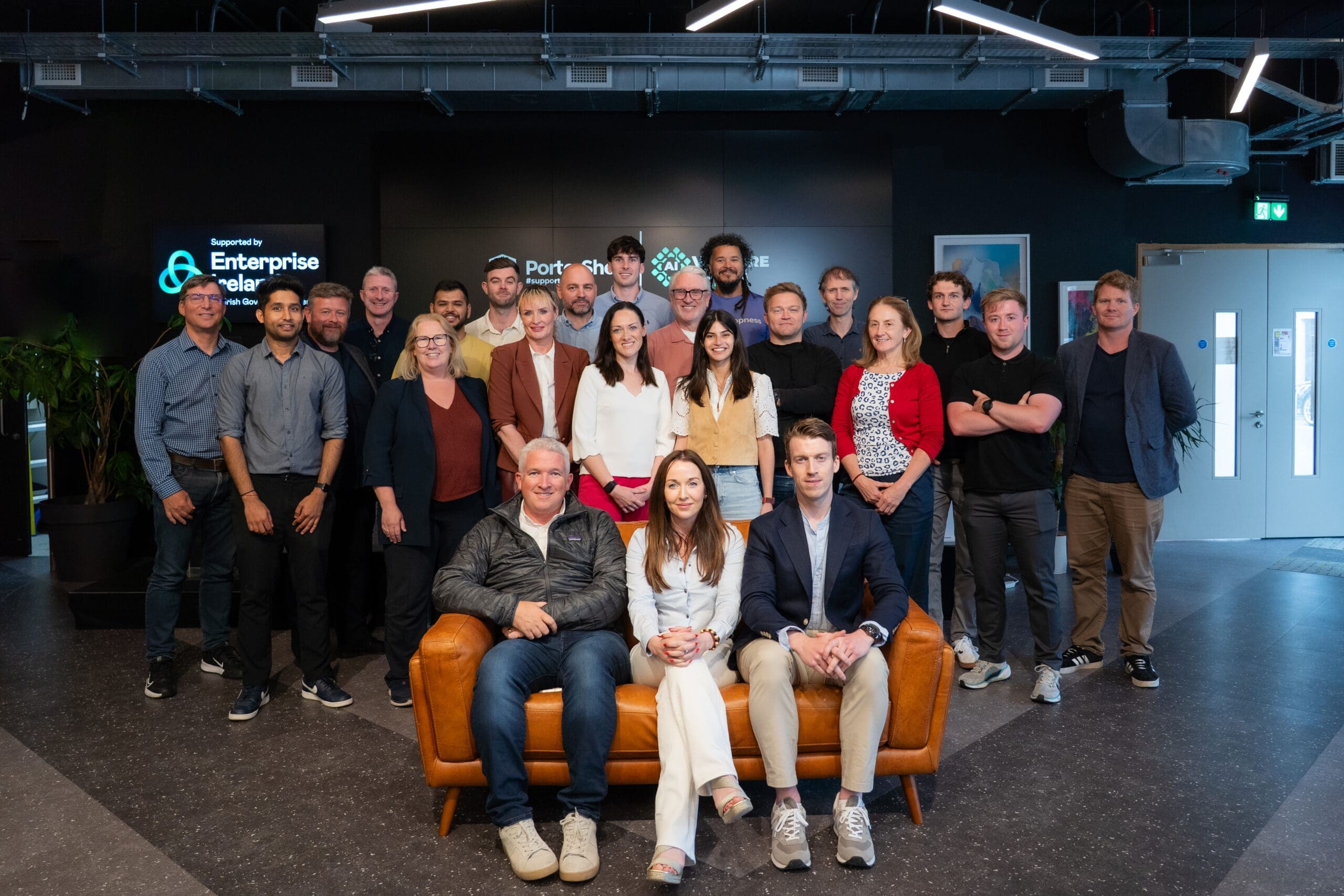The crossing from 2020 to 2021 has been more turbulent – consequential – than it felt. The holidays were slow, stately, more downbeat than usual, and we’re only now waking up to the hangovers from too much wassail and socializing, Boris’ need to appear a hero holding the Golden Fleece, and Trump’s odd desire to play golf in Scotland in January. And we’re still in denial about the financial and social consequences of everything else that was 2020.
There’s a podcast called Complexity that I recommend to you. It’s from the Santa Fe Institute, a multidisciplinary research group that grew out of early advances in network and complexity theory realized at Los Alamos National Laboratory. The most recent podcast discussed Covid and how a broad spectrum of scientists have pivoted from whatever they were studying in 2019 to focus on the large Covid data sets that have been spilling out of the crisis. This type of work has never been done before on this scale (and across so many geographical and political barriers) and embraces everything from genetics to epidemiology, from geography and climate to the organization of cities.
The podcast highlighted the fact that precious little analysis was done after the Spanish Flu epidemic. Humans are happy when a crisis passes and we’re wired to move on and forget about the bad old days. The Spanish Flu had a huge impact on how we live and work, but we tend to focus on the effects of WWI much more than two years of Spanish Flu (which was not Spanish, apologies to Castilians everywhere). As an example, the universal use of ceramic bathroom fixtures was a product of the epidemic, as was a renewed focus on public health and prevention. Not to mention laws about hospital hygiene and the handling of dead persons, including safe burial practices.
In 2021 one clear product of the epidemic is a greater social awareness, a heightened concern about one another’s health, jobs, security, and even the consequences of global warming. One senses that workplaces and commuting and travel, shopping and electronic communication have all turned sharp corners. One senses that Covid has hastened the switch from diesel/gasoline to electric vehicles . That responsibility, whether in the form of alternative energy, or healthy foods, or financial planning, is having a renaissance. And, that we have a renewed sense of the importance of the entrepreneurs with whom we work at the Portershed every day, pioneers willing to take even greater risks against more uncertain social and financial backdrops.
Which brings me to my first point for 2021.
Over the holidays I’ve been party to two deal negotiations. In both cases, the lead VCs sought to exert investor rights via term sheets in an aggressive, my-way-or-the-highway style. Nothing unusual here, money talks, bullshit walks, standard fare in this business. But I found myself really bothered by the high-handed practices.
Perhaps because of what I’ve called a heightened sense of responsibility accompanying Covid —or because of the nature of Zoom calling — I was more conscious than ever of how the rugby-style VC approach can be disempowering to entrepreneurs who are new to the game, how the critical relationship between investors and company management too often begins with the signal that the entrepreneur is lucky to be getting any investment at all. Investors want their founders to be smart, decisive, and engaged – but too many investors want them to know their place – from the jump.
Then something happened in both deals, which I’ll call the power of private investors.
Private investors, people with experience and perspective, demanded more reasonable terms, siding with the founders in negotiations that they helped shift toward what’s best for the company, not just best for the VCs. Private investors are more often than not individuals who, through experience or leaning, enjoy mentoring companies. These men and women have seen too many deals, too many term sheets, and too many VCs. They often have compelling reasons beyond value maximization to invest time, energy, and money in a particular company. Perhaps they are investing because they believe in the technology, or in the research done into a disease with which they’ve had close contact. Or because they want to see economic development in a city or region. Or they are ex-VCs who have gone on to a more noble calling.
One has to think about VC investment from a structural perspective. A punitive term sheet may be standard operating procedure for a firm. But as likely, the term sheet can be the product of a young partner who wants to appear tough and earn respect back at the firm. Or a lawyer wants to show that he/she is earning their fee by serving their client. Many of the onerous terms in term sheets don’t have a lot of value and are there for negotiating purposes, or to test the mettle or negotiating skills of the other side. If there’s no one to call the VC on unreasonable terms, more’s the pity. Which is where private investors come in, men and women who are real mentors, who want to help entrepreneurs gain experience – and empowerment.
Remember, VCs have investments in deals, walk down a fairly expensive due diligence and legal route to OK a deal and prepare investment paperwork. As 2020 wound down, I watched as lead investors – on both deals – agreed to give in on some of their demands. In one case, it was to get the deal done and the money allocated before the end of the year. In the other case, it was because a group of private investors refused the terms outright, sided with the founder, and threatened to withdraw the deal. Ultimately, the private investors increased their investment (by a small increment) to become the lead investors and take control of the deal. And the VCs were happy to go along for the ride.
Talk about empowering an entrepreneur! And supporting a fledgling company!
Here’s to entrepreneurship in a new year – and a new era unlike anything we’ve seen before.

Bob Rosenberg
Educator (Associate Professor) / Entrepreneur / Leader of angel
communities /Entrepreneur in residence at PorterShed
and BioExcel Rarosenberg@gmail.com


